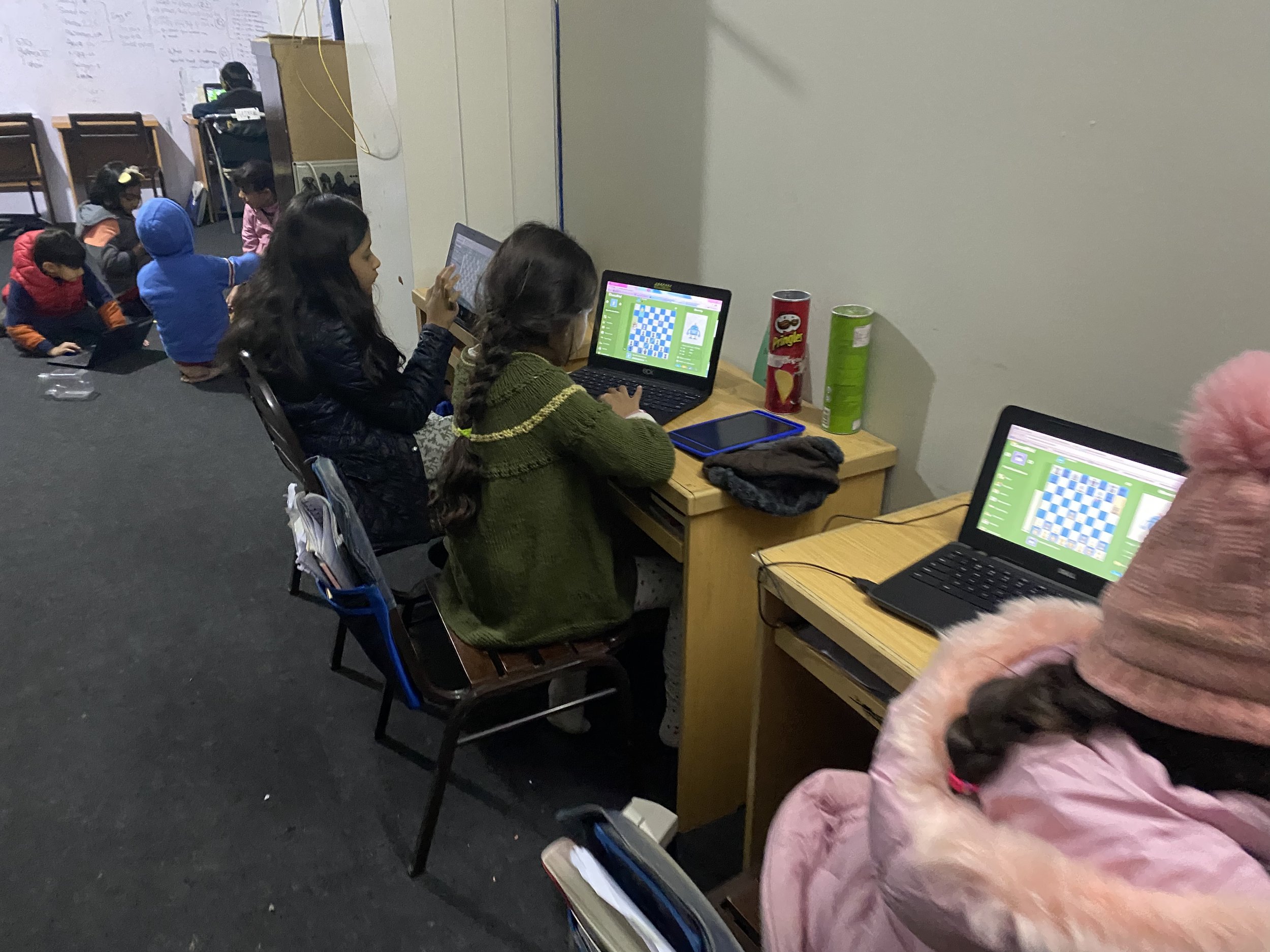Bullying is a complex issue that has many underlying causes. Children who bully may be dealing with their own personal struggles such as low self-esteem, insecurity, or a lack of positive role models. They may also be influenced by societal factors such as the media, which can perpetuate negative stereotypes and attitudes.
Preventing bullying in schools requires a multifaceted approach that addresses both the underlying causes and the school environment. By creating a positive and inclusive environment, fostering a culture of mutual respect and kindness, and providing support systems and empowerment opportunities, schools can help to prevent bullying and create a safe and supportive environment for all students.
In order to foster a culture of mutual respect and kindness, schools can implement the following strategies:
Clear and consistent expectations for behavior: Establishing clear and consistent expectations for behavior can help to promote positive behaviors among students and create a sense of accountability for their actions.
Positive reinforcement: Recognizing and rewarding positive behaviors can help to encourage students to continue exhibiting these behaviors.
Role-modeling: Teachers and staff members should model positive behaviors and attitudes, which can help to promote these behaviors among students.
Encourage empathy and understanding: Encourage students to see things from different perspectives and to understand the feelings of others. This can help to foster a culture of empathy and compassion among students.
-Mentorship: Encourage older students to act as guides and role models for younger students. This helps to promote positive behaviors and attitudes among students and provides a safe and supportive environment for all students.
Acton Academy Lahore provides a good example of how non-traditional schools can achieve this. With its focus on mutual respect, kindness, and creating a positive and inclusive environment, Acton Academy's approach helps to foster a culture of empathy, understanding, and compassion. Additionally, Acton Academy's community also emphasis on fostering a culture of mentorship, where older students act as guides and role models for younger students.
In summation, preventing bullying is crucial to ensure that all students feel safe, respected and valued in their learning environment. By implementing strategies to address both the underlying causes and the school environment, schools can play a vital role in creating a positive, inclusive and supportive community that empowers students to overcome bullying.




























